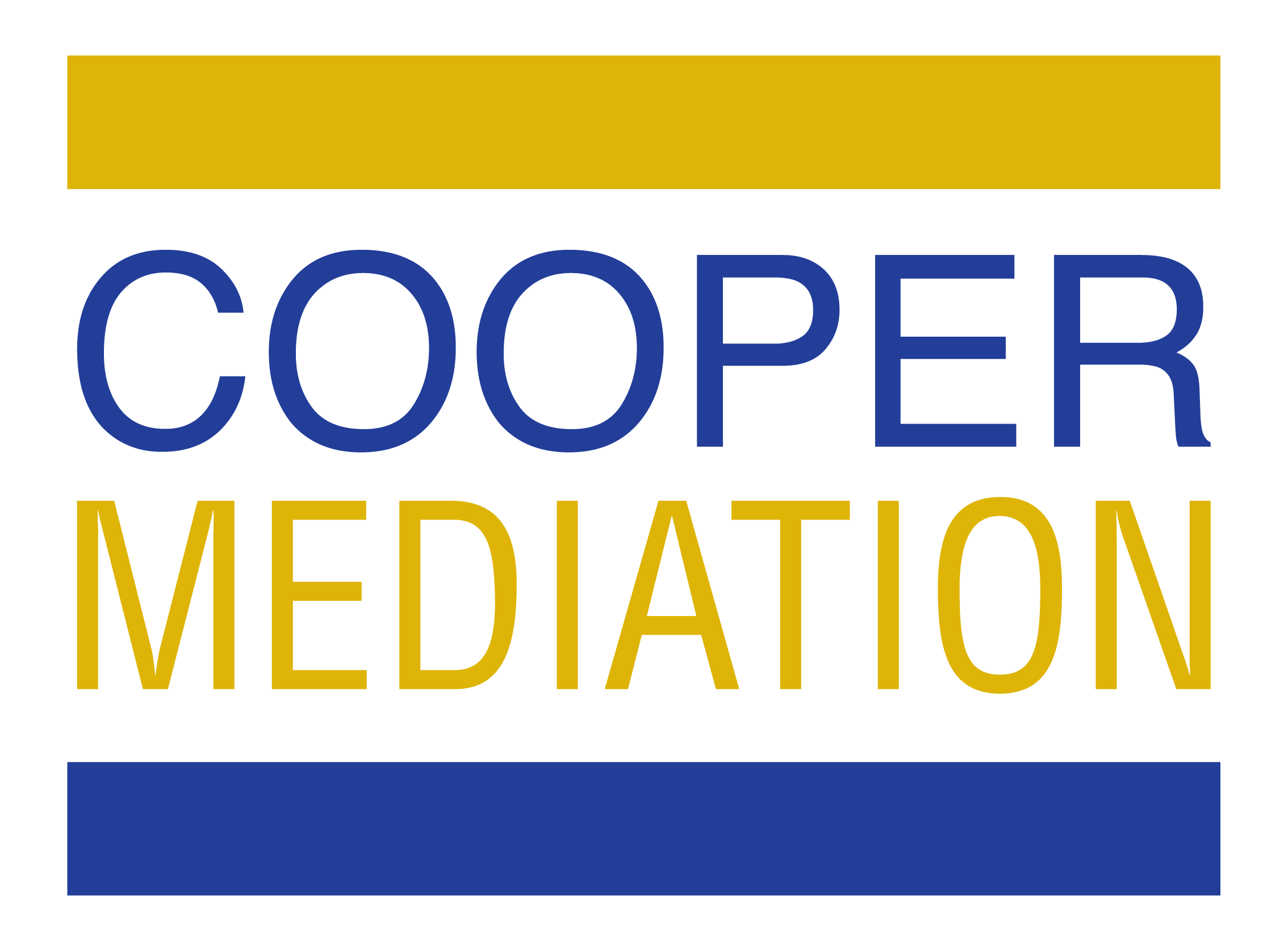
18 Oct On Time, On Point, On Budget: Getting The Most Out Of Your Roster Rate Mediator
Mediators come with diverse backgrounds, experience levels and rates. Depending on the needs of your file and players involved, a roster rate mediator could provide exceptional results facilitating negotiations among parties without breaking the bank.
In this blog post, I offer five tips to help you get the most out of your roster rate mediation experience.
1. Do Your Homework
Not every file/case requires you to retain one of the top mediators in the province, but every matter is important – especially to clients whose lives are impacted by the outcome of a settlement or potential trial.
To find the appropriate roster rate mediator, you may want to:
***seek a referral from a colleague or another person you trust
***review a mediator’s website or articles
***speak to the mediator to get a sense of their ability to communicate, understand the subject matter and strike the proper tone.
2. Set Your Expectations
Choosing a roster rate mediator as a cost-saving measure is an understandable and practical decision. However, a lower cost should not be an excuse for a mediator to lower the quality of their service. Expect the best from your mediator.
Strong mediators should have these three important qualities:
***Curiosity – they should be interested in both the issues in dispute and the people at the negotiating table. A curious mediator will observe participants for clues and cues and ask considerate questions to facilitate discussion.
***Enthusiasm – when a mediator sets the proper tone, it can inspire the parties to get down to business and put on their problem-solving hats.
***Persistence – sometimes a mediator will need to make several different approaches to a matter before finding one that helps bring parties together. There is no “one-size-fits-all” approach to mediation.
3. Time is Precious
This is true in all mediations – but especially in a three-hour half-day session.
Consider showing up to the mediation 10-15 minutes early to inform and guide the mediator on how best to utilize their time with the parties.
A party’s counsel should have adequately prepared their client so the mediator doesn’t have to get into lengthy explanations about the mediation process. When submitting your mediation brief, ask the mediator if they can provide a written statement or message about a week prior to the mediation date explaining how they will manage the session. Counsel can communicate this information to their client.
The parties should come to mediation having already talked about expectations and with an idea of where they want to begin their negotiations. That said, the party’s positions should remain malleable as they listen to information and arguments which may affect their analyses.
4. Not Every Mediation Needs Opening Comments
In cases where there are polarizing positions and an extremely low likelihood that a settlement will be reached, utilize the joint session to explore “why?”. Through this process, parties should gain a better understanding of why they are so far apart, and come up with a plan for the next steps of litigation – either with a view towards engaging in settlement discussions down the road or towards preparing for trial.
In cases where there is a real opportunity to settle on mediation day and the mediation briefs adequately cover all substantive issues, consider significantly limiting opening comments, or disposing of them altogether. This decision can maximize time for discussions and negotiations.
5. A Mediator Should Not Give Up
There are many ways of moving forward, but only one way of standing still. A mediator should never give up during the mediation and continue to move parties forward to whatever the ultimate destination will be. A roster rate mediator worth their mettle should follow up with the parties and work behind the scenes once the mediation is over if that’s what the parties require.
Choose Wisely
Over 98 per cent of civil cases in Canada never make it to court. Parties reaching a mutually agreeable settlement contribute to a good portion of those cases. Mediation can be a critical point in the life of a case. Whether your mediator operates at roster rates or above, take the time to ensure whomever you select is right for you.
ABOUT THE AUTHOR
 Logan Cooper joined the Cooper Mediation team in November 2017 and devotes 100% of her professional time to mediating at roster-rates. She has mediated over 350 cases in the areas of personal injury, property damage, long-term disability and other insurance-related disputes. She has handled global mediations, cases with multiple parties, self-represented litigants and cases with complicated technical and interpersonal challenges.
Logan Cooper joined the Cooper Mediation team in November 2017 and devotes 100% of her professional time to mediating at roster-rates. She has mediated over 350 cases in the areas of personal injury, property damage, long-term disability and other insurance-related disputes. She has handled global mediations, cases with multiple parties, self-represented litigants and cases with complicated technical and interpersonal challenges.
Logan can be reached at logan@coopermediation.ca or (416) 726-1344.
To schedule a mediation with Logan, visit: https://coopermediation.ca/logan-cooper-online-calendar/.
